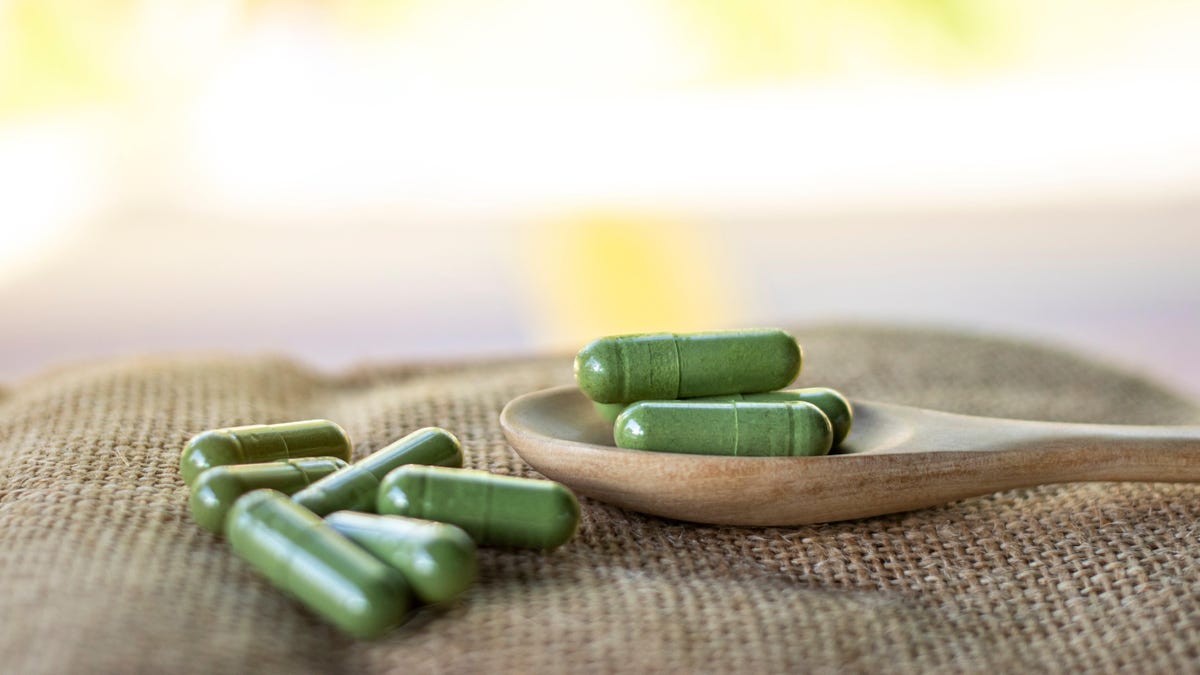In a new case report, doctors detail how a Canadian woman developed lead poisoning from taking Ayurvedic products filled with the toxic metal.
A Canadian woman’s attempt to treat her infertility went drastically wrong, her doctors say. In a new case report this week, they detail how she developed lead poisoning from taking supplements filled with the toxic metal. The woman’s symptoms were successfully treated. This discovery prompted authorities to seize other contaminated products from her alternative medicine provider.
The case was described in a paper published Tuesday in the Canadian Medical Association Journal.
According to the report, the 39-year-old woman had visited the emergency department three times over a span of six weeks with symptoms of abdominal pain, constipation, nausea, and vomiting. On her third visit, she was admitted to the hospital for anemia and possible gastrointestinal bleeding. Tests ruled out the bleeding and her anemia improved after receiving blood transfusions so she was discharged. At a follow-up visit two weeks later, however, she continued to feel sick and fatigued.
Eventually, she came into the care of one of the report authors. At this point, she revealed that she had been taking remedies provided by a practitioner of Ayurveda—a system of alternative medicine thought to have originated in India at least three millennia ago—every day for over a year in hopes of treating her infertility. Her doctors then decided to test her for lead poisoning, finding she had blood lead levels over 25 times higher than normally expected. Based on her history, the doctors failed to find any other likely sources of lead exposure besides the ayurvedic remedies. So she agreed to stop taking the medication and was soon placed on chelation therapy.
The doctors then notified officials with Public Health Ontario who began to conduct their own investigation. They found high levels of lead in most of the products that the woman provided to them. Federal and other local health officials were subsequently brought in and helped investigate the clinic where she had bought the products. They found that the clinic had clearly violated the country’s regulations on selling alternative and natural health products and proceeded to seize hundreds of pills sold there. Later testing revealed that some of the products contained high levels of arsenic, mercury or lead, while others had genuine but unlabeled prescription drugs like diclofenac (a NSAID painkiller) and progesterone.
Ayurveda remains popular, both in India and elsewhere in countries such as Canada and the United States. But like many forms of alternative medicine, there is only weak evidence at best for its claimed benefits. The herbal remedies and supplements commonly recommended by practitioners are also far less regulated than conventional medicine, which can raise the risk of dangerous ingredients entering the supply chain. Lead specifically seems to be a persistent contaminant in these treatments. A 2008 study found that about 20% of Ayurvedic pills bought online from manufacturers in the U.S. contained lead, mercury, or arsenic, the authors noted. And in some cases, lead might be intentionally added to these treatments for their supposed healing powers.
Health officials first notified the public about the clinic—called Kerela Ayurvedic & Natural Herbal Consultation—and its tainted products in November 2021. As of February 2022, they continued to advise that any customers stop using their products. There doesn’t appear to have been a public update since then, though the Scarborough Mirror reported that the business was closed when visited in late November 2021.
As for the woman, she seemed to respond well to treatment. She reported feeling less fatigued and no nausea, vomiting, or abdominal pain at follow-up visits, and her lead levels continued to drop up to a year later.
“This case highlights the risks and clinical manifestations of lead toxicity from Ayurvedic medicines and the importance of collaboration between clinicians and public health authorities to control the health risk from lead in consumer products,” the authors wrote.



India also has an undergraduate degree in ayurveda now: https://en.m.wikipedia.org/wiki/Bachelor_of_Ayurveda,_Medicine_and_Surgery